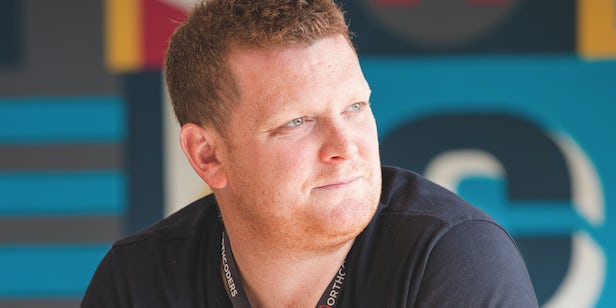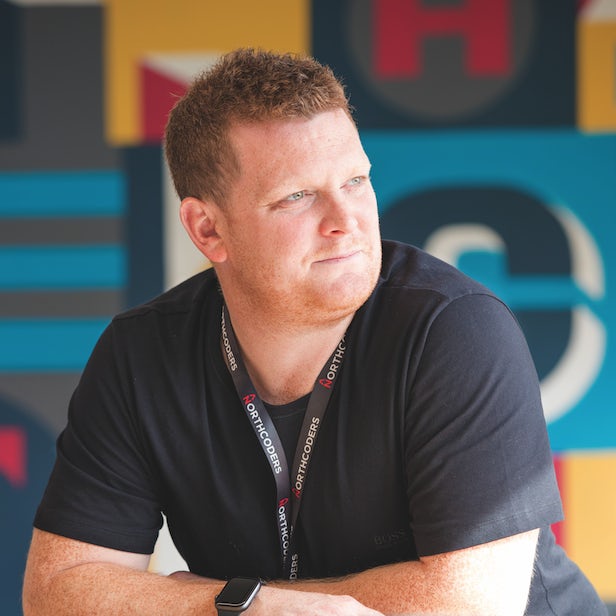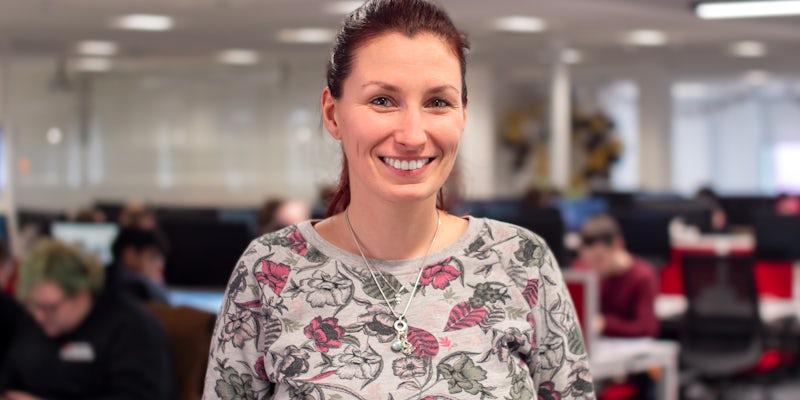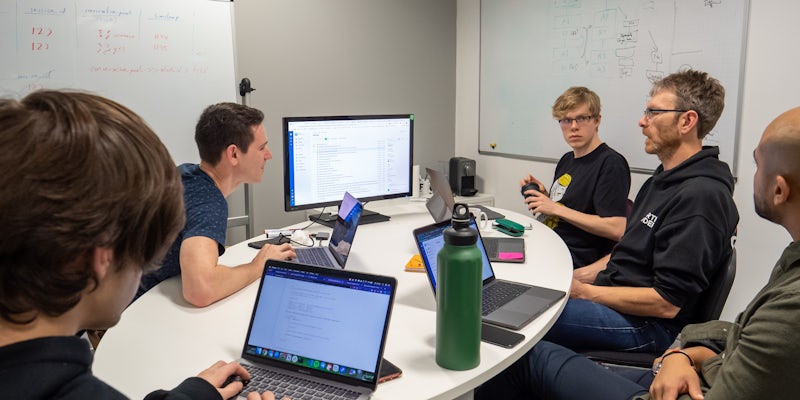Recruitment and Hiring
On finding work during lockdown

Northcoders graduate Jodi shares some fantastic tips for job-seekers, including creating a diverse coding portfolio, using LinkedIn to share your projects and how your non-tech background could be an asset for employers
These are difficult times in which to be job hunting. The tech sector is more resilient to lockdown than others, but there is still a sense of increasing pressure on those of us trying to get into the industry for the first time. This is not a definitive guide on how to land a tech job; this is just what worked for me. I hope you find some of it useful!
Build, learn, build some more
What is it you want to tell employers? Personally, I wanted to show that I could build diverse projects using a range of up to date tech. My plan: 3 projects, each with a different style. Something personal and emotive; something data-driven and analytical; and something fun and easy to use. And of course, a nice portfolio site to show them off on!
I also made a wish list of tech that I wanted to learn – a combination of my own interests and what seemed important to employers. This included everything from JS design patterns to CSS animations, and is an ever-growing monster. I will never reach the bottom of it, which is the whole reason I got into tech in the first place: because there’s always more to learn.
The first thing I did was build the portfolio site, because I felt that a professional developer should have one. This was just a simple React site, but still an opportunity to learn something new; in this case, Email JS for my contact page.
Then I moved onto my list. First up: React Native. I followed a tutorial to build a simple app – not only did I get to use React Hooks, but at the end I also had something I could put on my portfolio site. I then used the learning from this to build the first project on my list: an app that serves quotes that are personal to me, collected over a period of 10 years. Bonus skill points: data is served from a REST API, giving me the opportunity to refresh my PostgreSQL and Express skills.
At this point I was asked to build something for a coding test… I learnt another new piece… and I added something to my portfolio. And repeat.
One thing I heard a couple of times was, “sorry but we need someone with commercial experience”. This you can get, if you’re willing to volunteer. Tech For Good Live has a slack workspace you can request to join, that has an #offersandasks channel, where strapped-for-cash charities are regularly looking for someone to build them a website. I am building one right now for a little charity in Manchester – they get a much-needed new site, and I get experience of developing to a client’s specifications.
LinkedIn is my friend
Every time I built something, I shared it. Every time I learnt something, I shared that too. If you don’t have something to share this week, write a blog, or re-share an interesting piece you’ve read. If you haven’t read anything interesting, get on Recode or A List Apart!
Find out how LinkedIn posting works, and work with it. Apparently, the best time of day to post on LinkedIn is around 11am – most people check their social media feeds around lunchtime. Monday and Friday can often be too busy for checking social media, so if you’ve got something juicy to share like an app you’ve built, try putting it out there Tuesday-Thursday at 11am. Include an eye-catching picture, keep the post short and to the point, and make sure to put some relevant hashtags in there, so that recruiters searching for #javascript #developers will find it.
Every time you find an interesting company, follow them. Every time you have a conversation with someone working in tech, connect with them. The more people that see the work you are sharing, the better. I’ve found people are generally quite open to connecting on LinkedIn – after all, we are going to become part of the tech world, and it builds their network too.
“Essential experience” is basically a wish list
You see a job you want, with a list of tech – 8 out of 10 you’ve used, two you’ve never used. Apply. Don’t avoid the fact you’ve never used it – it will come up at some point anyway. Instead meet it head on with something like, “although I’ve never used Java, I have a solid grasp of OOP and a track record of learning and applying new technologies" (like that time you learnt React from scratch in two days… or some other fancy example).
I take the position that “1 years’ experience” means, "I want someone who can hit the ground running and won’t need to have their hand held". So show them you can do that. Give concrete examples of times you did that.
For all the career-changers
Your diverse experience is an asset. I feel like this gets said all the time, but it really is true. I’ve had three interviewers tell me that they selected me for interview above others because my CV was ‘interesting’ and ‘not the normal tech CV’. I used to work in international development, and then I ran my own business – an organic veg farm. So no, not a standard route into tech! But it’s given me so much valuable life experience that someone coming straight out of university with a degree in computer science doesn’t have. Like taking responsibility for a business, managing volunteers, making presentations at conferences, writing reports for senior management, writing blogs... again, don’t gloss over the fact that you are coming at this later in life – show them why that makes you a more valuable member of the team.
Yes you need to be able to build stuff – that’s what the portfolio site shows them – but you also need to be able to work with your team, communicate about tech to non-tech people, report to your managers, and engage with a wide range of stakeholders, from designers to clients. Everything you’ve done yields learning and experience – work out how it can help you.
Keep at it! The more you build, the more you share, and the better you become at relating your experience to a particular position, the more employable you become. Things get better from here on in. Good luck!
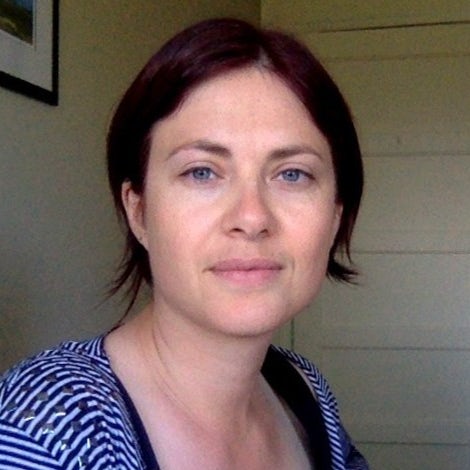
Jodi Dublon
Graduate
